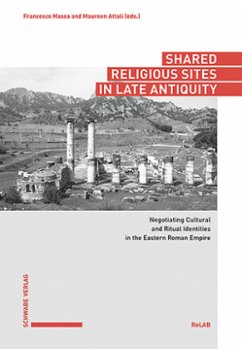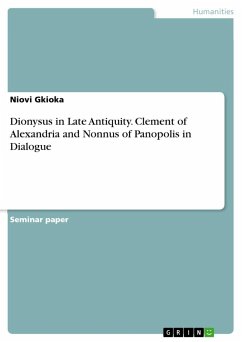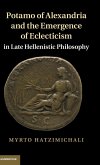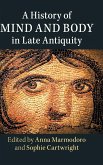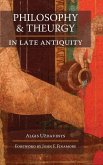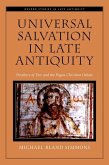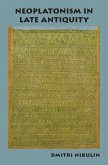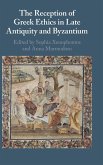The book aims at analyzing shared religious sites in the microcosm of the multireligious and multicultural Roman Empire during Late Antiquity. The main objective is to understand if some religious sites of the Eastern Roman Empire were the object of a shared attendance by groups or individuals from different religious backgrounds, and, for those which may have been, how and why this sharing happened. To facilitate comparison and to draw up models of occupancy dynamics, the contributions focus on a limited geographical and chronological area: the Eastern provinces from the 4th century onward, a turning-point in the Empire's religious transformations. This collective work offers a series of case-studies where polemical discourses are intersected not only with legal documents, but also with epigraphy, iconography, and archeology - including architecture and artefacts.

